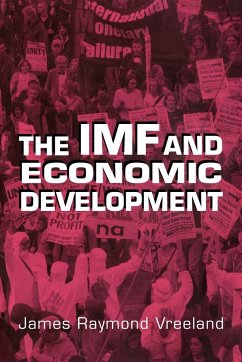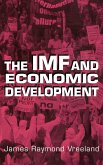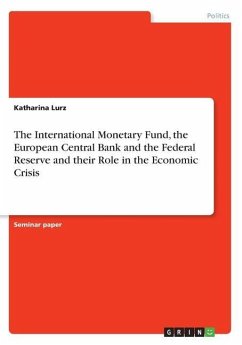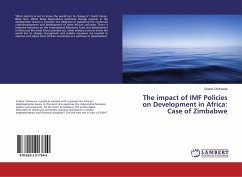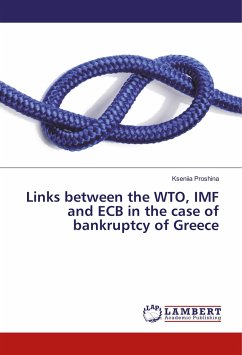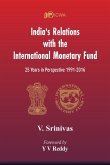Why do governments turn to the International Monetary Fund (IMF) and with what effects? In this book, James Vreeland examines this question by analyzing cross-national time-series data from throughout the world. Vreeland argues that governments enter into IMF programs for economic and political reasons, and he finds that the programs hurt economic growth and redistribute income upward. By bringing in the IMF, governments gain political leverage - via conditionality - to push through unpopular policies. For certain constituencies, these policies dampen the effects of bad economic performance by redistributing income. But IMF programs doubly hurt others who are less well off: They lower growth and exacerbate income inequality.
Hinweis: Dieser Artikel kann nur an eine deutsche Lieferadresse ausgeliefert werden.
Hinweis: Dieser Artikel kann nur an eine deutsche Lieferadresse ausgeliefert werden.

